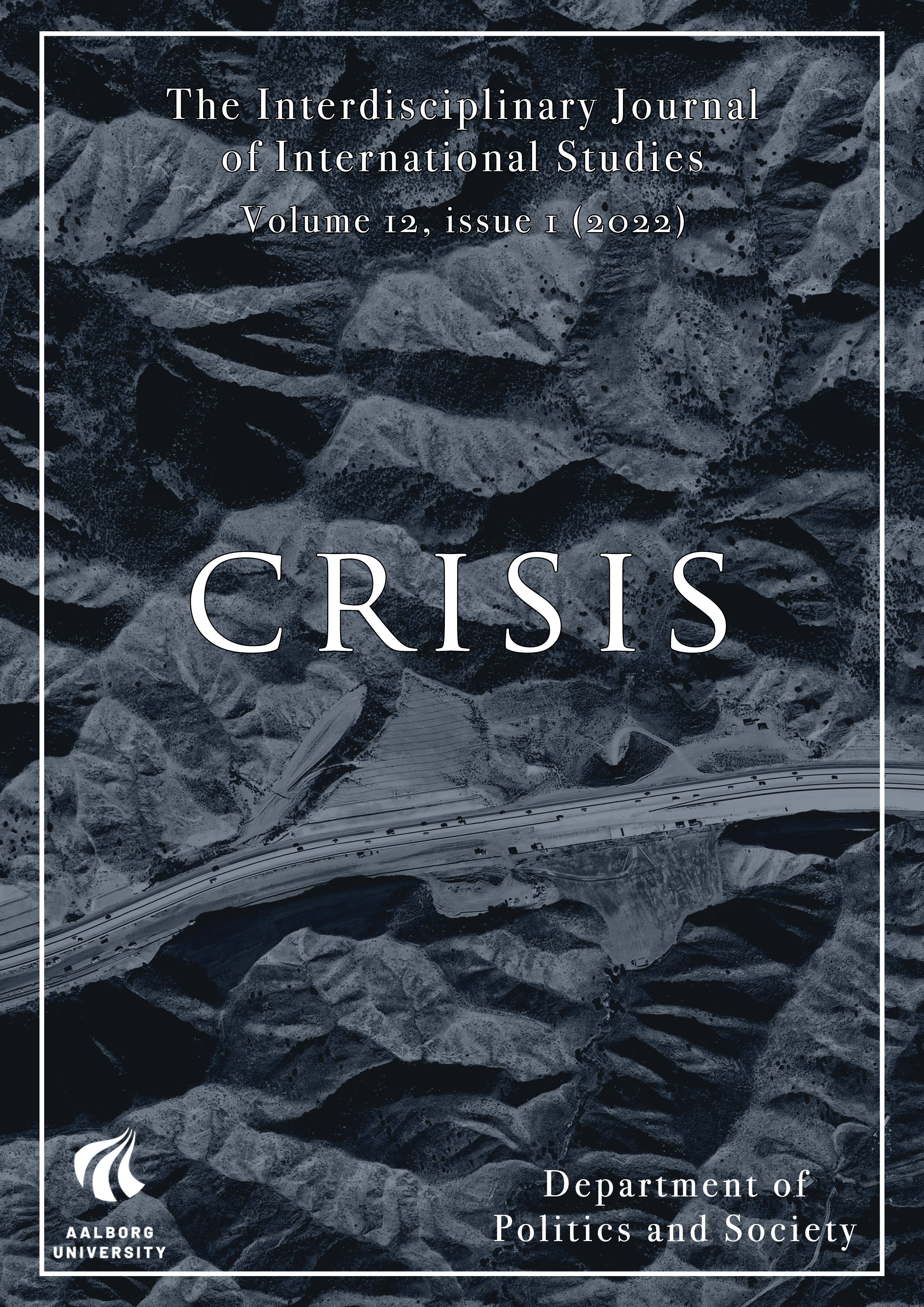Hybrid warfare: weaponized migration on the eastern border of the EU?
DOI:
https://doi.org/10.5278/ojs.ijis.v12i1.6992Abstract
After a forced landing of a Ryanair flight which was carrying a journalist and opposition activist highlighting the human rights violations in Belarus, the EU decided to expand the sanctions against the Belorussian regime. The sanctions have been increasing since the disputed re-election of President Alyaksandr Lukashenka. After the introduction of the last wave of sanctions, the Belarus-EU migrant crisis started. This article provides an overview of the migrant crisis on the Belorussian border with the EU, in the beginning of summer 2021. The research explores the possibility that this increase in irregular migration is an attempt to destabilize the states receiving the migrants. The theory of hybrid warfare suggests that striking a state’s weakest link is an efficient way to destabilize it. This article seeks to answer if Belarus is using tools of hybrid warfare as a response to the EU sanctions.
Downloads
Published
Issue
Section
License
Authors who provide articles, essays or book reviews to the Interdisciplinary Journal of International Studies agree to release their publications under the Creative Commons Attribution-Noncommercial 3.0 Unported license, which allows anyone to share their work (copy, distribute, transmit) and to adapt it for non-commercial purposes, provided that appropriate attribution is made and that, in the event of reuse or distribution, the terms of this license are made clear.
Authors retain copyright of their work and grant the journal right of first publication.
Authors are able to enter into separate, additional contractual arrangements for the non-exclusive distribution of the journal's published version of the work (e.g., post it to an institutional repository or publish it in a book), with an acknowledgement of its initial publication in this journal.

